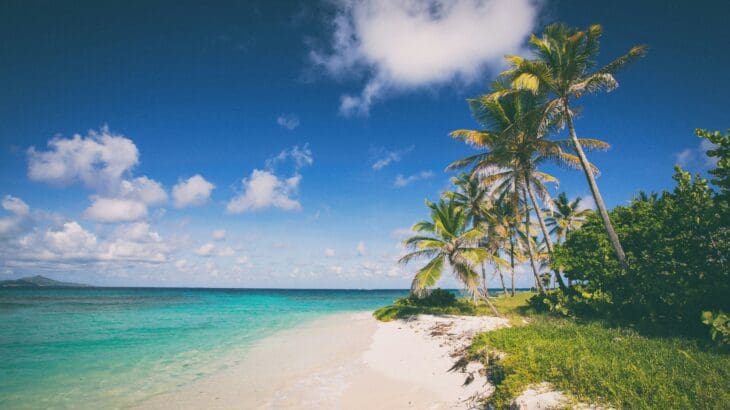On the 2019 European Maritime Day Conference in Lisbon, the European Commission released the second edition of its Blue Economy Report.
The Commissioner for Environment, Maritime Affairs and Fisheries Karmenu Vella emphasised the importance and opportunities of the sustainable use of ocean resources for economic growth, through entrepreneurship, investment, and research and innovation.
“Today’s report confirms the blue economy’s role as an exciting growth sector, with opportunities both in established sectors like tourism and shipbuilding, and in emerging areas like ocean energy or the blue bio-economy”, said Mr. Vella. “That is why the European Commission is currently developing an investment-readiness support tool to help [blue economy start-ups and small companies] mature and eventually access the funding they need to scale up.”
The role of oceans as key in achieving a carbon-free Europe by 2050, particularly through the use of ocean energy, was also emphasised.
Tibor Navracsics, Commissioner for Education, Youth, Culture and Sport, and responsible for the Joint Research Centre which worked on the report said: “We know less about what lies beneath the waves than we do about faraway planets. This prevents us from making the most of our resources while protecting marine ecosystems. The second Report on the European Blue Economy aims to change that.” Mr. Navracsics also spoke of the opportunities to create prosperity “without endangering that of future generations.”
The report includes various new sections, including some on maritime defence, maritime equipment, sea basin analysis, the economic impact of marine protected areas, and ecosystem services and natural capital.
A Blue Indicatory IT tool was also launched, which will allow any user to download much of the report’s data. Further initiatives were also presented, including the Technical Assistance facility for Investment in the Blue Economy, the Common Information Sharing Environment framework, and the ocean literacy platform ‘EU4Oceans’.
These types of technology and information sharing tools are essential for other countries focusing on their Blue Economy, and a global response to tackling climate change and using the opportunities offered by a sustainable use of ocean resources.


